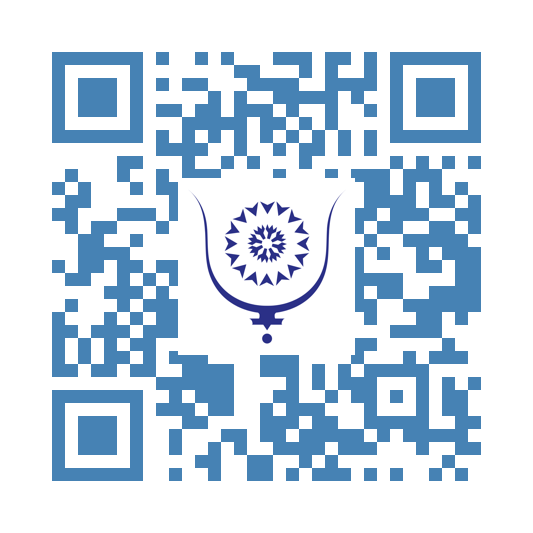La mémoire dans la peau 1373
Aéroport de casa, sortie de terminal 2.
J' attends tranquillement l atterrissage de mes deux oiseaux préférés. Les avions en retard se multiplient et la foule de ceux qui les attendent s agrandit considérablement.
Petit a petit, une brise, jusqu' ici salvatrice en cette nuit d été, se met a transporter un mélange pour le moins inédit : entre les parfums qui ont servi de gel douche pour certains, et la fin de l effet protecteur des deo a faible espérance de vie d autres, j avais l impression que j étais dans un rayon Sephora en plein milieu d une salle de muscu au pic de sa fréquentation.
Pour ne rien arranger, voilà que la batterie de mes écouteurs a décidé de rendre son âme au plus grand malheur de la mienne.
L effondrement de ma forteresse sonore , les agressions olfucktives répétées et l attente qui se prolonge commencent a sérieusement peser sur mon humeur.
C est à ce moment que mon voisin de droite demande a celui de gauche un partage de connexion 4g pour envoyer un message urgent.
En temps normal, je n aurais accordé aucune importance a cette situation. Seulement, mon irritabilité grandissante ainsi que mon égo ( quel con celui la), révolté a l idée qu'un parfait inconnu ait jugé que je n avais pas une tête a rendre service , m'ont poussé a lui demandé pourquoi ce n était pas a moi , son voisin direct, qu' il avait posé la question.
Mon imagination avait déjà élaboré plusieurs réponses possibles mais la sienne fut étonnante voire déconcertante : 'aah t es marocain ??? je pensais que t étais africain et mon français est fracassé(traduction mot à mot)'.
Un 'comment ça africain ????parce que les marocains sont d origine suédoise ????' avait entamé un sprint sur ma langue pour quitter ma bouche mais mon cerveau l a fait trébucher juste avant la ligne d arrivée et j ai préféré écourter notre échange.
On m a souvent attribué différentes nationalités allant de l’Asie du sud-est a l Amérique latine, en passant par l Afrique bien sur mais ça ne m arrivait qu'en dehors du Maroc.
Bizarrement, depuis quelques années, les 'aaah t es marocain ??', 'tu viens d arriver ??', ' tu parles bien Darija' et les 'tu viens d ou ?? ' auquel je répond non sans cynisme 'merci, j ai un super dermato' se répètent de manière de plus en plus régulière de la part mes chers concitoyens.
Alors, est ce que le nombre de subsahariens , et non pas africains car jusqu'à nouvel ordre nous le sommes tous, est tellement important aux yeux de certains que la probabilité qu'un noir soit marocain se réduit de jour en jour. Ou est ce que certains ont oublié qu' il y avait, qu' il y a et qu' il y aura toujours des marocains noirs. Ou est ce que ce' tu es d’où ??' est tout simplement une question parmi tant d autres , devenue réflexe, sans réelle réflexion mais malheureusement sans la moindre considération pour celui a qui on la pose. Ce genre de questions dont notre société a le triste secret.
J’espère sincèrement que ma réaction est exagérée, qu'il n y a pas une forme de communautarisme visuel qui s installe parmi nous et surtout que les marocains ne sont pas en train de perdre la mémoire de leurs couleurs.
J'ai peut être un super dermato , mais ces questions commencent a sérieusement me hérisser la peau.
Un MAROCAIN NOIR, parmi tellement d autres..



